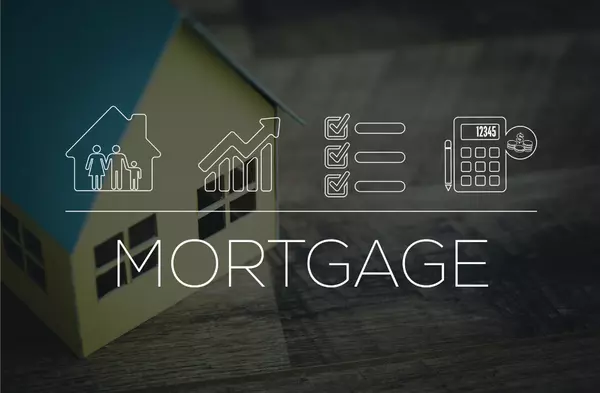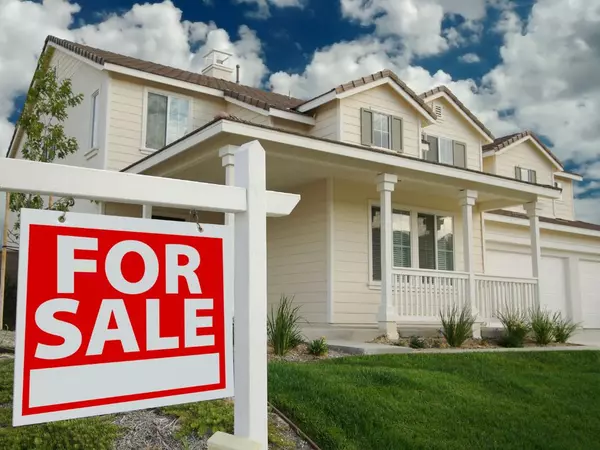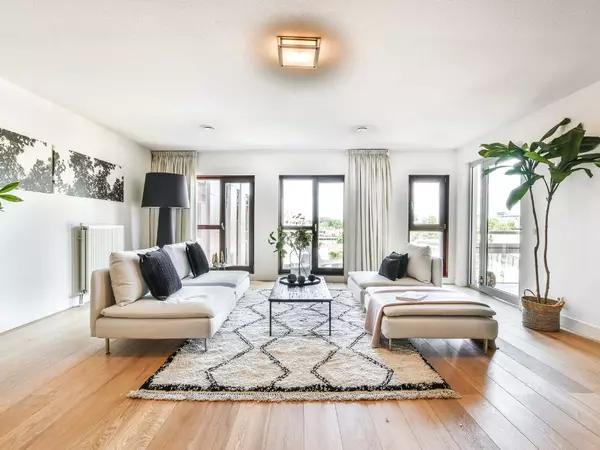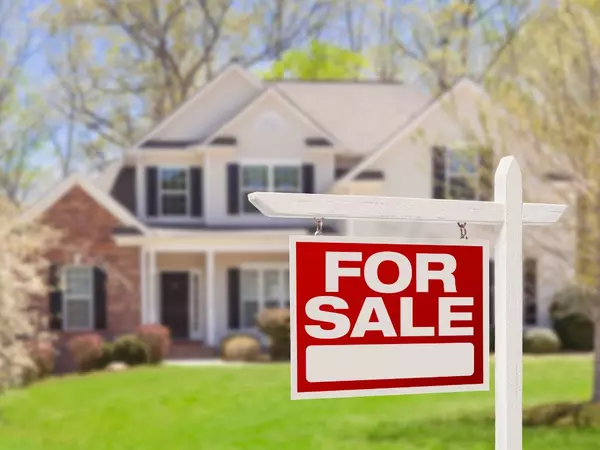WHAT TO LOOK OUT FOR WHEN HOME SHOPPING
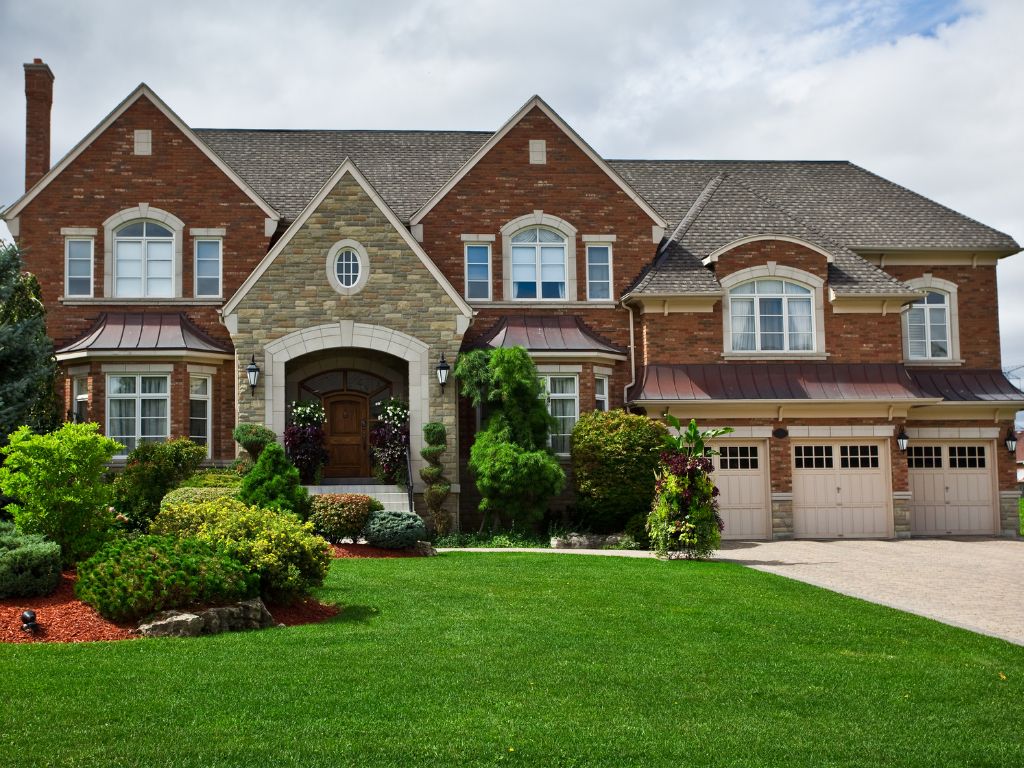
Essential Tips for Home Buyers: What to Look Out for When Shopping for Your Dream Home?
Buying a home is one of the most significant investments you’ll make in your life. With the right approach, you can ensure that your purchase is not only financially sound but also meets your personal needs and lifestyle preferences.
As an experienced realtor, I’ve guided many clients through the home-buying process, and I’m here to share the essential factors you should consider when home shopping.
1. Location, Location, Location
The location of a home is arguably the most crucial factor to consider. When evaluating a property, think about the neighbourhood’s safety, convenience, and overall vibe. Ask yourself:
- Commute: How long will your daily commute be? Consider proximity to work, schools, and public transportation.
- Amenities: Are there nearby grocery stores, restaurants, parks, and healthcare facilities?
- Future Development: Research any planned developments in the area that could impact property values or your quality of life.
2. Assessing the Condition of the Home
The physical condition of the home is another critical aspect to evaluate. Before making an offer, conduct a thorough walk-through and consider the following:
- Exterior: Look for any visible signs of damage to the siding, roof, and foundation.
- Interior: Check for cracks in walls, uneven flooring, and water stains. Pay attention to the condition of windows, doors, and appliances.
- Professional Inspection: Always get a professional home inspection to uncover any hidden issues that might not be immediately visible.
3. Evaluate the Layout and Space
The layout and space of a home should align with your lifestyle needs. Consider:
- Number of Rooms: Does the home have enough bedrooms and bathrooms to accommodate your family?
- Flow: Does the layout make sense for your daily activities? Is there enough space for entertaining and storage?
- Future Needs: Think about how your needs might change in the future. Will the home still suit you if your family grows or if you require a home office?
4. Check for Energy Efficiency
Energy efficiency is not just about reducing your utility bills; it’s also about creating a more sustainable living environment. Look for:
- Insulation: Ensure that the home is well-insulated to maintain comfortable temperatures and reduce energy costs.
- Windows: Double-pane windows and good-quality doors can significantly improve energy efficiency.
- Appliances: Energy-efficient appliances can save you money and are better for the environment.

5. Inspect the Foundation and Structure
A home’s foundation and structural integrity are paramount. Be on the lookout for:
- Cracks: Large or expanding cracks in the foundation or walls can indicate significant issues.
- Doors and Windows: Misaligned doors and windows can be a sign of structural problems.
- Professional Assessment: A structural engineer can provide a detailed evaluation if you suspect any issues.
6. Evaluate Plumbing and Electrical Systems
The functionality of the plumbing and electrical systems is essential for a comfortable living experience. Check for:
- Plumbing: Look for any signs of leaks, water pressure issues, or outdated pipes.
- Electrical System: Ensure that the wiring is up to code and that there are enough outlets for your needs. Check the electrical panel for any signs of wear or potential hazards.
7. Understand the Neighborhood and Community
The community surrounding the home can greatly affect your overall satisfaction. Investigate:
- Atmosphere: Spend time in the neighborhood at different times of day to get a feel for the community’s vibe and noise levels.
- Neighbors: Friendly and engaged neighbors can contribute to a positive living experience.
- Local Events: Check for local events and activities that align with your interests and lifestyle.
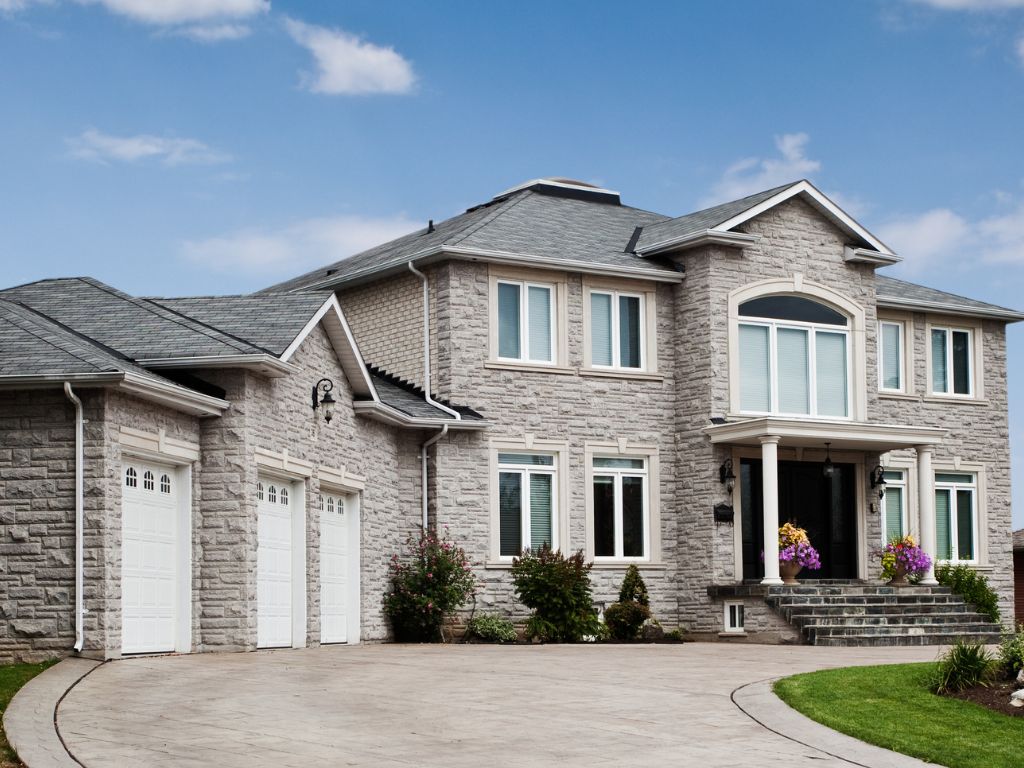
8. Consider Resale Value
Even if you plan to stay long-term, it’s wise to consider the home’s potential resale value. Factors to evaluate include:
- Market Trends: Look at recent sales of similar homes in the area to gauge future appreciation.
- Condition and Features: Homes in good condition with desirable features generally have better resale value.
- Location: Properties in high-demand areas tend to appreciate more.
9. Review MaintenanceFees and Rules
If the home is part of a Condo board, be sure to:
- Fees: Understand the monthly or annual fees and what they cover.
- Rules and Restrictions: Review any community rules or restrictions to ensure they align with your lifestyle.
- Amenities: Check the amenities offered by the condo, such as pools, gyms, or parks.

10. Verify Legal and Zoning Issues
Before finalizing your purchase, confirm:
- Title: Ensure the property has a clear title with no legal disputes or liens.
- Zoning Regulations: Check the zoning regulations to understand what you can and cannot do with the property, including any restrictions on renovations or additions.
11. Budget and Financing
Ensure that the home fits within your budget, considering:
- Purchase Price: Confirm that the price aligns with your financial capacity.
- Ongoing Costs**: Account for property taxes, insurance, and maintenance costs.
- Mortgage: Get pre-approved for a mortgage to understand your borrowing capacity and streamline the buying process.
Conclusion
Shopping for a new home can be a thrilling yet daunting experience. By paying close attention to these factors and conducting thorough research, you can make a well-informed decision and find a home that not only meets your current needs but also supports your future goals. As an experienced realtor, I’m here to guide you every step of the way. Happy house hunting!
Book Your Home Buyer Consultation Today:
https://calendly.com/tish_s/home-preview-buyer-plan-meeting-clone
View All Homes for Sale Here:
Homes for Sale - Tish Schobourgh - eXp Realty
Categories
Recent Posts

